Home>Gardening & Outdoor>Landscaping Ideas>What Is A Good Fertilizer For Bermuda Grass
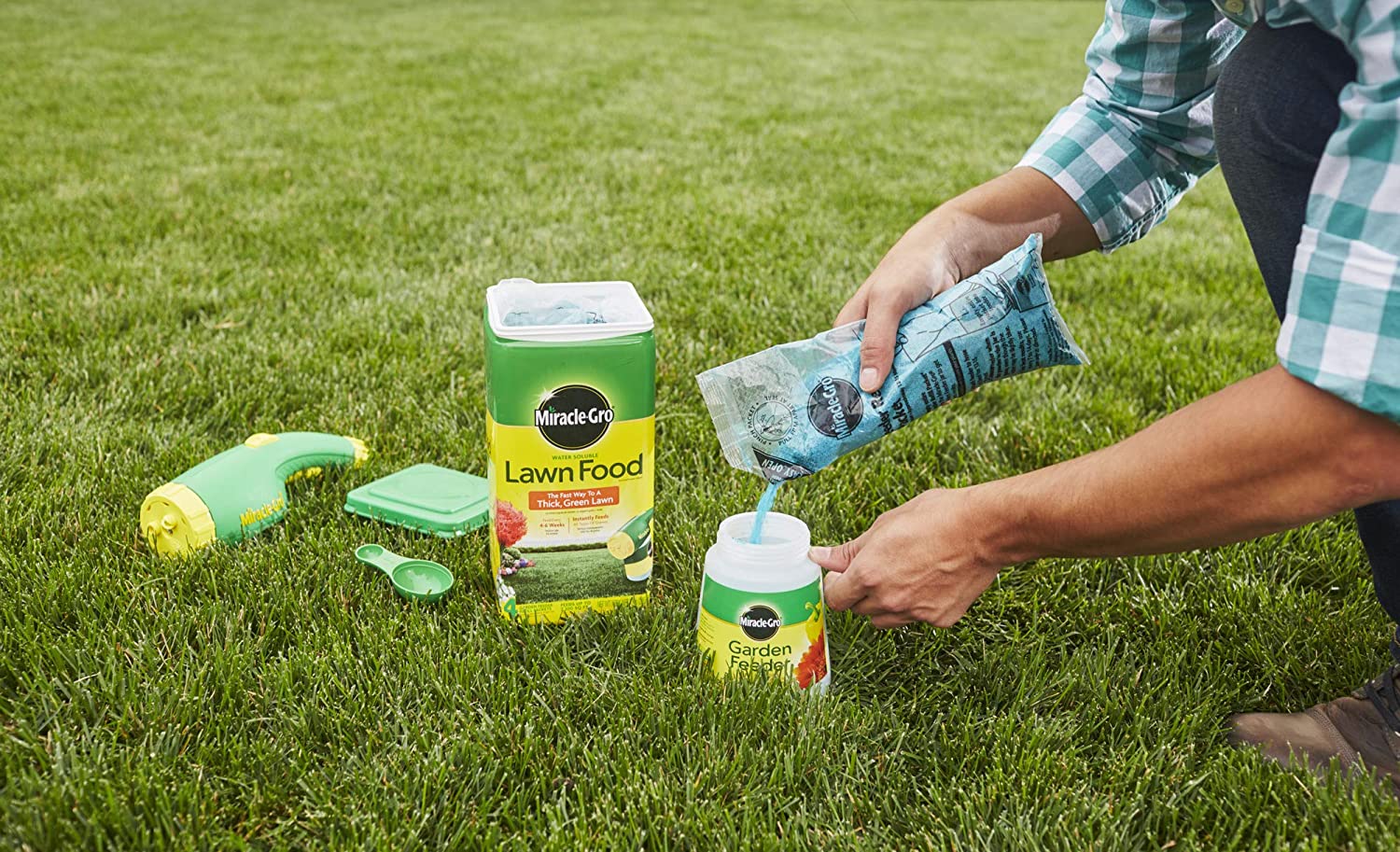

Landscaping Ideas
What Is A Good Fertilizer For Bermuda Grass
Modified: March 25, 2024
Looking for the best fertilizer for Bermuda grass? Get expert landscaping ideas and tips for maintaining a lush, healthy lawn.
(Many of the links in this article redirect to a specific reviewed product. Your purchase of these products through affiliate links helps to generate commission for Storables.com, at no extra cost. Learn more)
Introduction
Welcome to the lush world of Bermuda grass, where verdant lawns and vibrant landscapes come to life. As a proud homeowner or dedicated landscaper, you understand the value of a healthy, thriving lawn. Bermuda grass, with its resilient nature and striking appearance, has become a perennial favorite for lawns, parks, and sports fields. However, achieving that coveted lush green carpet requires more than just water and sunlight. It demands proper care, including the use of the right fertilizer.
In this comprehensive guide, we will delve into the art and science of fertilizing Bermuda grass. We will explore the unique characteristics of Bermuda grass, the significance of fertilization, and the key factors to consider when selecting the best fertilizer. Furthermore, we will provide valuable insights into recommended fertilizers and practical application tips to help you nurture your Bermuda grass to its full potential.
Whether you are a seasoned lawn care enthusiast or a newcomer to the world of landscaping, this guide is designed to equip you with the knowledge and tools needed to cultivate a thriving Bermuda grass lawn. So, let's embark on this enriching journey and unlock the secrets to maintaining a healthy and vibrant Bermuda grass landscape.
Key Takeaways:
- Fertilizing Bermuda grass is crucial for its health and beauty, promoting robust growth, vibrant color, and resilience against stress and pests. Selecting the right fertilizer and timing is key to a thriving lawn.
- Recommended fertilizers like Scotts Turf Builder and Pennington Ultragreen are tailored for Bermuda grass, providing essential nutrients and weed control. Proper application and maintenance, including watering and mowing, are vital for optimal results.
Read more: What Fertilizer To Use On Bermuda Grass
Understanding Bermuda Grass
Before diving into the realm of fertilization, it’s crucial to grasp the essence of Bermuda grass. This warm-season perennial grass is celebrated for its exceptional resilience and adaptability, making it a popular choice for lawns in regions with hot summers and mild winters. Its fine texture, vibrant green hue, and vigorous growth make it a sought-after turfgrass for residential, commercial, and recreational areas.
Bermuda grass thrives in full sunlight and exhibits remarkable drought tolerance, allowing it to endure prolonged periods of heat and limited water availability. Its robust nature enables it to recover swiftly from stress and wear, making it an ideal candidate for high-traffic areas such as sports fields and golf courses.
One of the defining features of Bermuda grass is its rapid growth rate during the warm months, spreading vigorously through aboveground stolons and belowground rhizomes. This aggressive growth habit contributes to its ability to quickly fill in bare patches and establish a dense, uniform turf.
While Bermuda grass possesses numerous admirable traits, it also has specific maintenance requirements and nutritional needs. Understanding the growth patterns, seasonal behavior, and overall characteristics of Bermuda grass is paramount in providing it with the care it deserves. Fertilization plays a pivotal role in sustaining the vigor and vitality of Bermuda grass, ensuring that it remains resilient, lush, and visually appealing throughout the growing season.
By familiarizing yourself with the unique attributes of Bermuda grass, you can cultivate a deeper appreciation for its inherent qualities and tailor your lawn care practices to promote its optimal health and beauty.
Importance of Fertilizing Bermuda Grass
Fertilizing Bermuda grass is not merely a routine task; it is a fundamental aspect of nurturing a thriving lawn. This warm-season grass, known for its vigorous growth and high metabolic demands, relies on essential nutrients to sustain its vitality and resilience. Fertilization provides Bermuda grass with the vital elements it needs to flourish, promoting robust growth, vibrant color, and improved tolerance to environmental stressors.
One of the primary benefits of fertilizing Bermuda grass is the enhancement of its overall health and vigor. A well-fertilized lawn exhibits increased resistance to disease, weeds, and pests, fortifying the turf against potential threats and minimizing the need for corrective measures. Additionally, proper fertilization contributes to the development of a dense turf canopy, which not only enhances the aesthetic appeal of the lawn but also suppresses weed growth by shading the soil and limiting weed seed germination.
Furthermore, fertilization plays a pivotal role in sustaining the lush, green appearance of Bermuda grass. By supplying the necessary nutrients, particularly nitrogen, phosphorus, and potassium, fertilization supports the synthesis of chlorophyll and other essential compounds, thereby enriching the grass’s color and promoting a visually captivating landscape.
Another compelling reason to fertilize Bermuda grass is its positive impact on recovery and regrowth. Whether the grass endures heavy foot traffic, inclement weather, or mechanical stress, a well-fertilized lawn exhibits greater resilience and expedited recovery, allowing it to swiftly rebound from adverse conditions and maintain its uniform, healthy appearance.
Moreover, proper fertilization contributes to the sustainability of Bermuda grass, ensuring that it can withstand environmental challenges, such as heat, drought, and nutrient deficiencies, while sustaining optimal growth and performance. By meeting the grass’s nutritional requirements through strategic fertilization, you can foster a robust, enduring lawn that thrives in diverse conditions.
Ultimately, the significance of fertilizing Bermuda grass extends beyond surface-level aesthetics, encompassing the fundamental well-being and longevity of the turf. By recognizing the profound impact of fertilization on the health, appearance, and resilience of Bermuda grass, you can embrace this essential practice as a cornerstone of effective lawn care and landscape management.
Factors to Consider When Choosing Fertilizer
When embarking on the quest to select the ideal fertilizer for Bermuda grass, several critical factors warrant careful consideration to ensure the optimal nourishment and sustained vitality of the turf. By taking into account these key elements, you can make informed decisions that align with the specific needs of your lawn and contribute to its long-term health and beauty.
- Grass Type: Bermuda grass thrives when provided with a balanced fertilizer formulated for warm-season grasses. Select a fertilizer specifically designed to meet the nutritional requirements of Bermuda grass, taking into account its rapid growth and high nitrogen needs during the active growing season.
- Nutrient Content: Assess the nutrient composition of the fertilizer, paying close attention to the nitrogen-phosphorus-potassium (N-P-K) ratio. For Bermuda grass, a fertilizer with a higher nitrogen content is typically favorable, supporting the grass’s robust growth and vibrant color. Additionally, phosphorus and potassium contribute to root development and stress tolerance, making them valuable components of the fertilizer blend.
- Solubility and Release Rate: Consider the solubility and release characteristics of the fertilizer, as they influence nutrient availability and uptake by the grass. Slow-release fertilizers are often preferred for Bermuda grass, as they provide a steady, gradual supply of nutrients, promoting sustained growth and reducing the risk of leaching or runoff.
- Soil pH and Nutrient Deficiencies: Conduct a soil test to evaluate the pH level and identify any nutrient deficiencies that may impact the grass’s health. Based on the soil analysis, choose a fertilizer that addresses specific nutrient deficiencies and complements the existing soil conditions, fostering an optimal environment for Bermuda grass growth.
- Environmental Considerations: Factor in environmental aspects such as climate, temperature, and water availability when selecting a fertilizer. Choose a product that aligns with the seasonal needs of Bermuda grass, providing adequate nutrition to support its growth during the active growing months while considering the potential impact on the surrounding ecosystem.
By carefully weighing these pivotal factors and tailoring your fertilizer selection to the unique requirements of Bermuda grass, you can cultivate a well-informed approach to lawn fertilization, nurturing a resilient and visually captivating turf that thrives in its specific environment.
A good fertilizer for Bermuda grass is one with a high nitrogen content, such as a 3-1-2 ratio fertilizer. Look for a slow-release formula to provide consistent feeding over time. Apply in early spring and again in late summer for best results.
Recommended Fertilizers for Bermuda Grass
When it comes to fertilizing Bermuda grass, selecting a high-quality fertilizer tailored to the grass’s distinct nutritional needs is paramount for achieving optimal results. Several reputable fertilizers have garnered acclaim for their efficacy in promoting the health, vigor, and lush appearance of Bermuda grass. These recommended fertilizers are characterized by their balanced nutrient profiles, controlled-release formulations, and proven ability to support the robust growth and resilience of Bermuda grass throughout the growing season.
- Scotts Turf Builder Southern Lawn Food: Formulated specifically for Southern lawns, including Bermuda grass, this fertilizer features a high nitrogen content to fuel vigorous growth and vibrant color. Its slow-release formula ensures a steady supply of nutrients, promoting sustained feeding without excessive surge growth.
- Pennington Ultragreen Southern Weed & Feed: Combining fertilizer and weed control, this product is designed to nourish Bermuda grass while targeting common weeds. It provides essential nutrients for sustained growth and weed prevention, catering to the specific needs of Southern lawns, including Bermuda grass.
- Lesco 18-0-4 St. Augustine Weed & Feed: This fertilizer is well-suited for Bermuda grass and other Southern turfgrasses, offering a balanced nutrient blend and integrated weed control. With a focus on promoting healthy growth and combating weeds, it contributes to the overall well-being of Bermuda grass lawns.
- Andersons PGF Complete Fertilizer: Renowned for its comprehensive nutrient profile, this professional-grade fertilizer is favored for its balanced N-P-K ratio and micronutrient enrichment. It supports the sustained health and lush appearance of Bermuda grass, delivering essential elements for robust growth and stress tolerance.
- Jonathan Green & Sons Winter Survival Fall Fertilizer: Tailored for fall application, this fertilizer is beneficial for preparing Bermuda grass for the winter months. Its nutrient-rich formula fortifies the grass against winter stress while promoting root development, ensuring a resilient and vibrant lawn in the following spring.
These recommended fertilizers have demonstrated their efficacy in fortifying Bermuda grass lawns, providing the essential nutrients and balanced formulations needed to sustain the grass’s vigor and visual appeal. By incorporating these trusted fertilizers into your lawn care regimen, you can nurture a resilient, thriving Bermuda grass landscape that captivates with its lush green expanse and enduring beauty.
Read more: What Is A Good Fertilizer For Grass
Application and Maintenance Tips
Effective application and diligent maintenance are essential components of a successful fertilization regimen for Bermuda grass. By adhering to best practices and implementing strategic care strategies, you can optimize the impact of fertilization and contribute to the sustained health and vibrancy of your Bermuda grass lawn.
- Timing Is Key: Schedule fertilization during the active growing season of Bermuda grass, typically from late spring to early fall. Avoid fertilizing during periods of dormancy or when the grass is not actively growing, as this can lead to nutrient accumulation and potential environmental impact.
- Proper Application Rates: Follow the manufacturer’s guidelines regarding the application rates and frequency of fertilization. Overapplication can result in excessive growth, nutrient runoff, and environmental harm, while underapplication may lead to nutrient deficiencies and diminished turf quality.
- Even Distribution: Ensure uniform distribution of the fertilizer across the lawn to promote consistent nutrient uptake and prevent localized overfeeding. Use calibrated spreaders and follow a systematic application pattern to achieve thorough coverage.
- Watering Practices: Water the lawn after fertilization to facilitate the dissolution of the nutrients and their absorption into the soil. Adequate irrigation helps prevent nutrient leaching and promotes effective utilization by the grass, contributing to sustained growth and vitality.
- Mowing Considerations: Adjust the mowing height of Bermuda grass to maintain an optimal turf canopy that supports its health and resilience. Regular mowing at the recommended height encourages lateral growth and helps the grass utilize nutrients more efficiently.
- Integrated Pest Management: Implement an integrated approach to pest and weed management, addressing issues promptly to minimize stress on the grass and optimize the impact of fertilization. Combining cultural practices, such as proper fertilization and watering, with targeted pest control measures enhances the overall health of the Bermuda grass lawn.
- Seasonal Adjustments: Tailor your fertilization schedule and product selection to align with the seasonal needs and growth patterns of Bermuda grass. Consider specialized formulations for specific seasons, such as fall fertilizers to fortify the grass for winter dormancy and spring resurgence.
By integrating these application and maintenance tips into your lawn care routine, you can elevate the effectiveness of fertilization and contribute to the sustained vitality and beauty of your Bermuda grass landscape. With strategic timing, precise application, and attentive maintenance, you can foster a resilient, lush lawn that flourishes under your dedicated care.
Conclusion
As we conclude our exploration of fertilizing Bermuda grass, it is evident that this warm-season turfgrass thrives when provided with meticulous care and targeted nourishment. Fertilization stands as a cornerstone of effective lawn maintenance, playing a pivotal role in sustaining the health, resilience, and visual allure of Bermuda grass landscapes.
By understanding the unique attributes of Bermuda grass and recognizing its specific nutritional requirements, you can embark on a journey of conscientious lawn care, enriching the grass with the essential elements it needs to flourish. The significance of fertilization extends beyond mere aesthetics, encompassing the fundamental well-being and longevity of the turf. From promoting robust growth and vibrant color to enhancing stress tolerance and weed suppression, fertilization serves as a catalyst for nurturing a thriving Bermuda grass lawn.
Armed with insights into the factors influencing fertilizer selection, recommended products, and strategic application and maintenance tips, you are empowered to embark on a holistic approach to fertilizing Bermuda grass. By integrating these practices into your lawn care regimen, you can cultivate a resilient, visually captivating landscape that serves as a testament to your dedication and expertise in nurturing Bermuda grass to its full potential.
As you embark on this enriching journey of lawn care, may your Bermuda grass flourish under the nurturing influence of strategic fertilization, embodying the timeless allure of a lush, vibrant lawn that captivates the senses and inspires admiration.
With each application of fertilizer and every thoughtful maintenance practice, you contribute to the enduring beauty and vitality of your Bermuda grass landscape, fostering an environment where nature’s splendor thrives and beckons all who behold it.
Frequently Asked Questions about What Is A Good Fertilizer For Bermuda Grass
Was this page helpful?
At Storables.com, we guarantee accurate and reliable information. Our content, validated by Expert Board Contributors, is crafted following stringent Editorial Policies. We're committed to providing you with well-researched, expert-backed insights for all your informational needs.
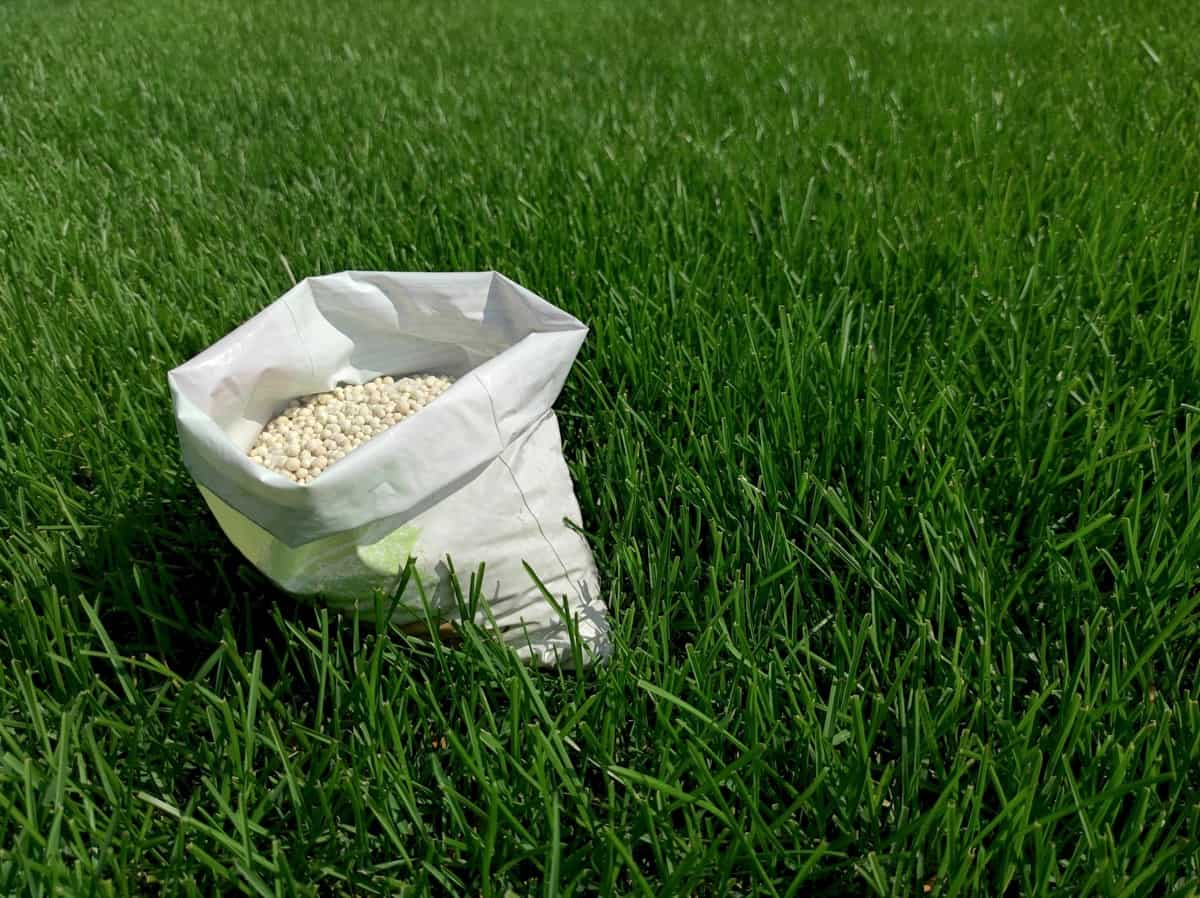
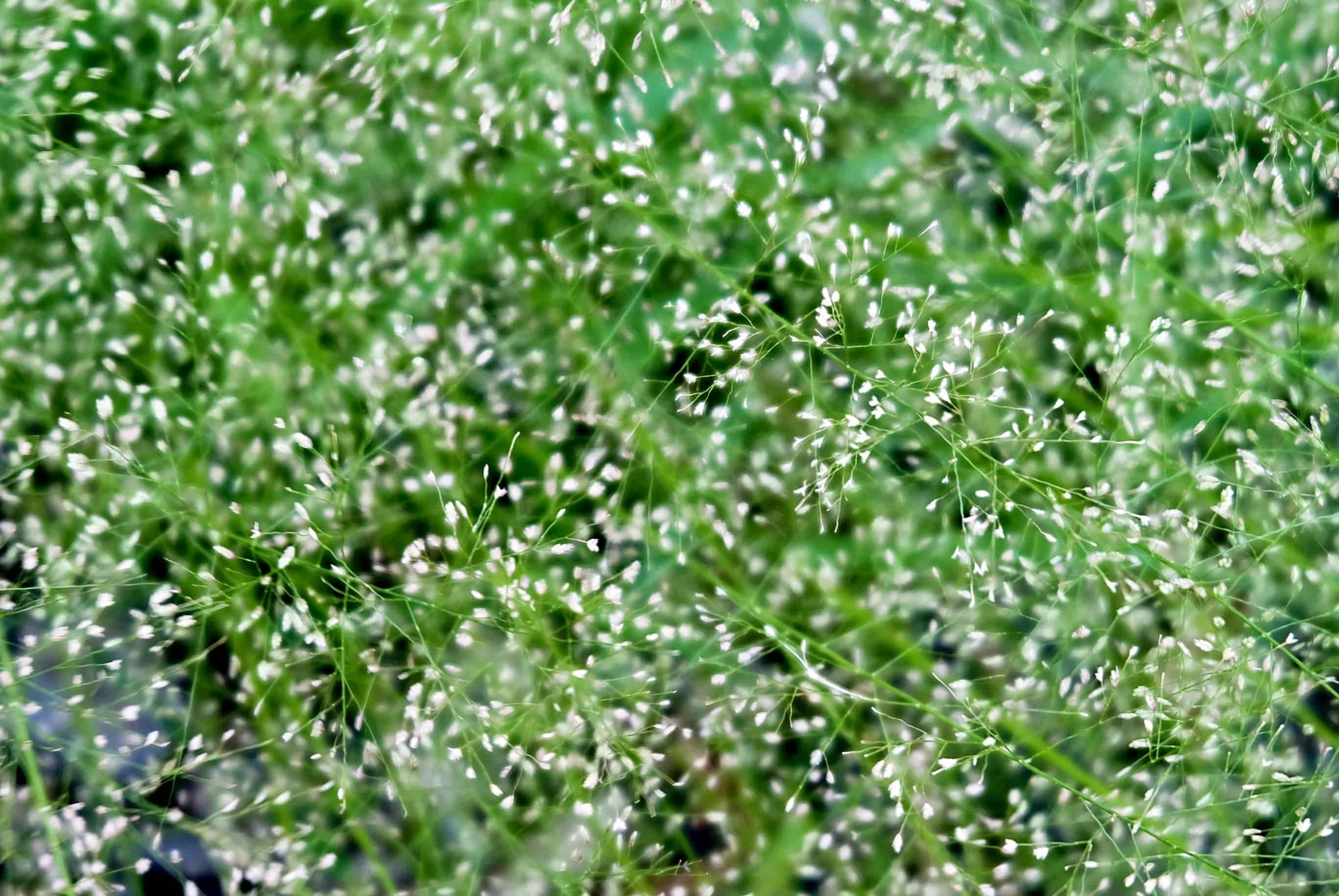
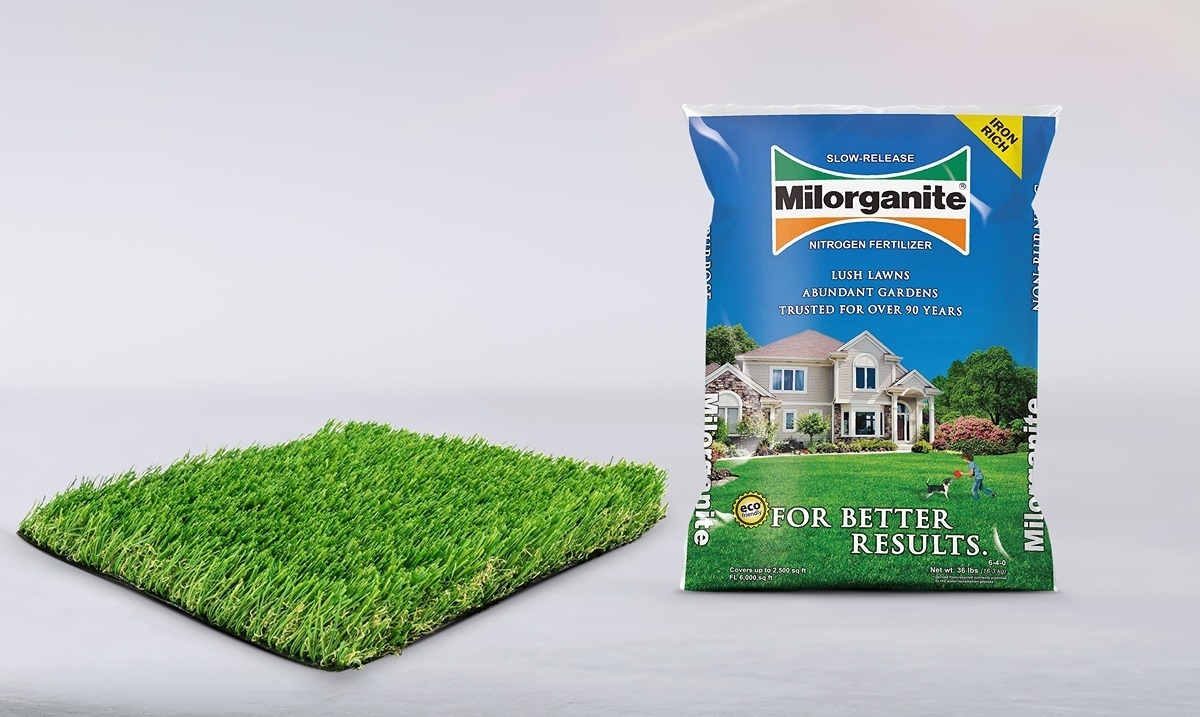


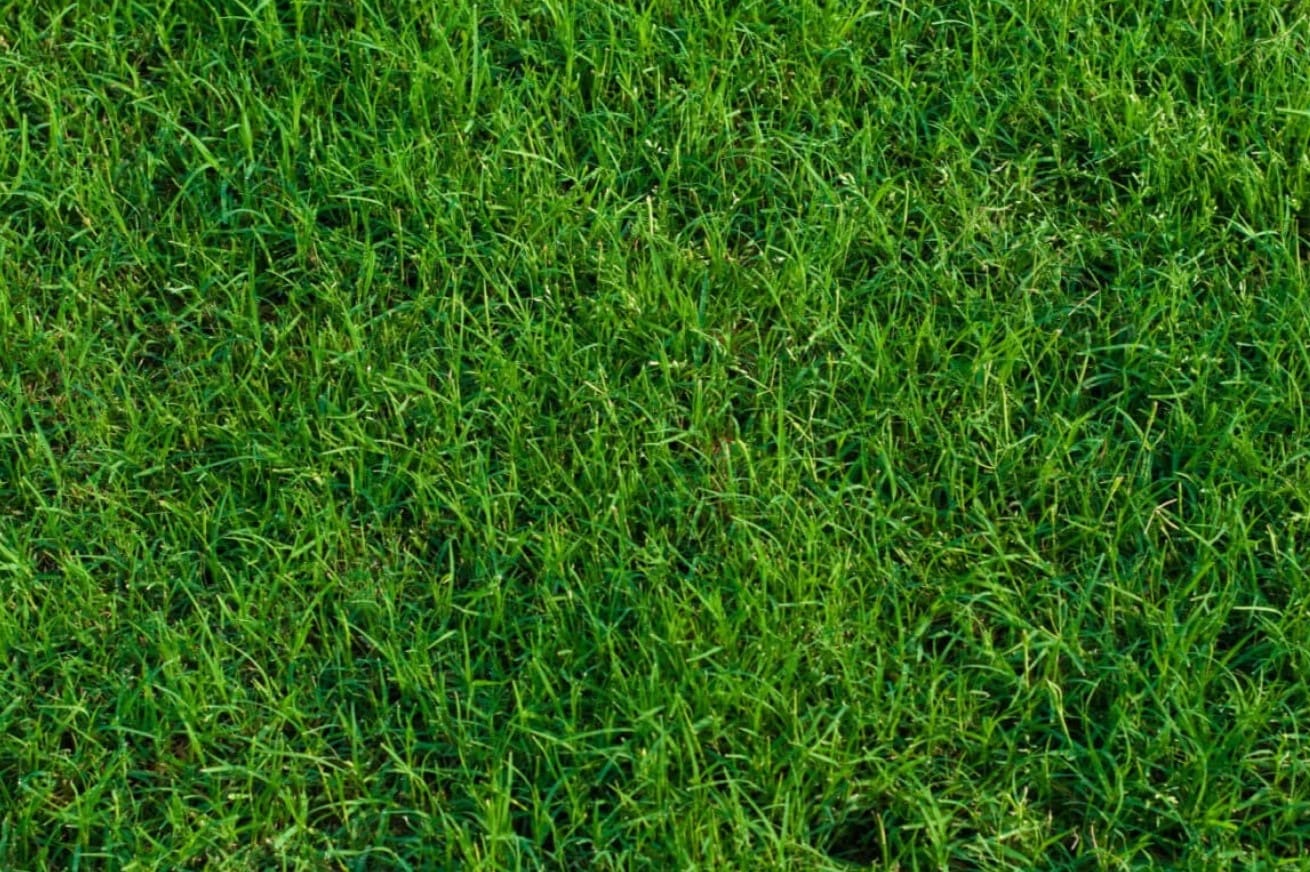
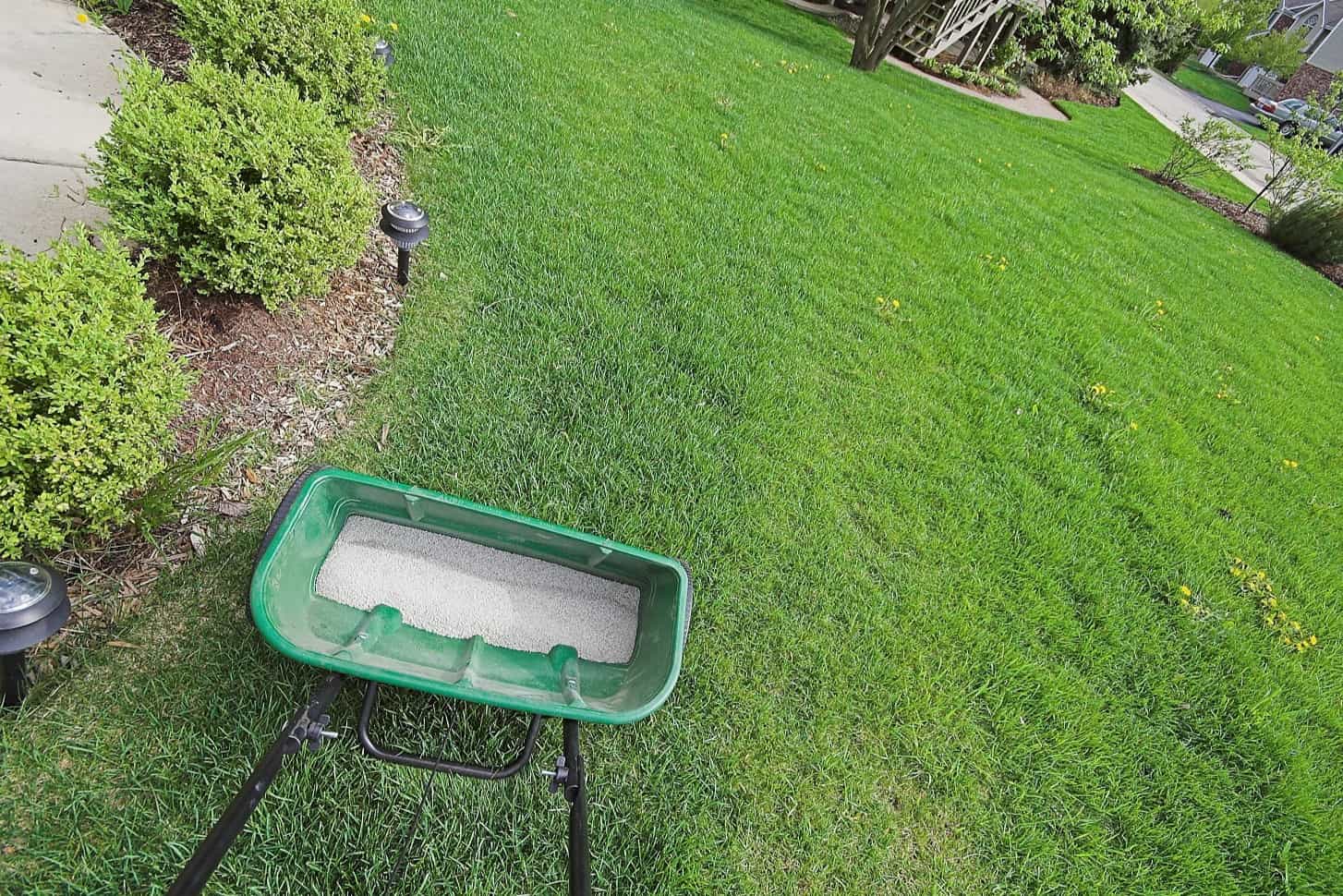

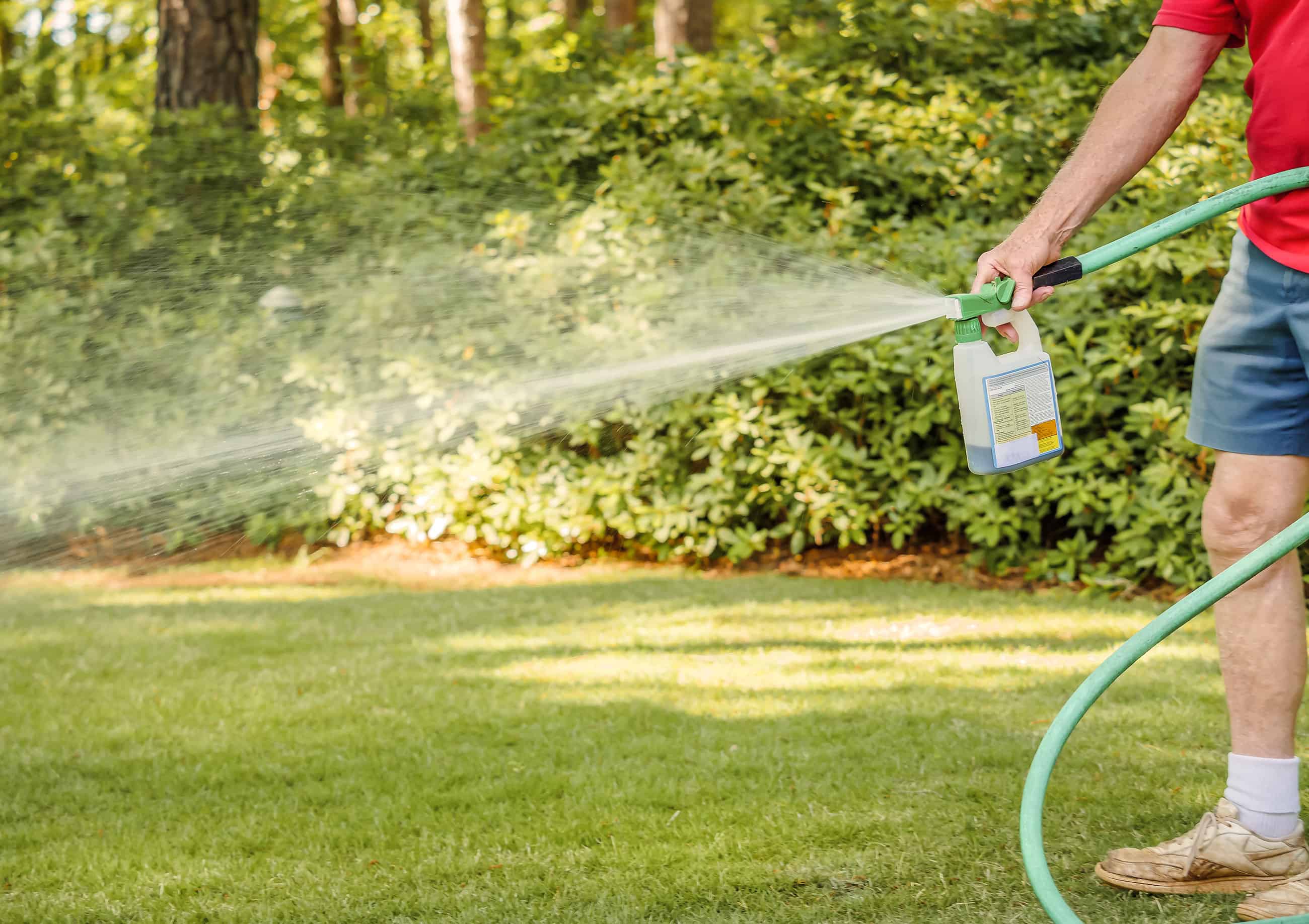
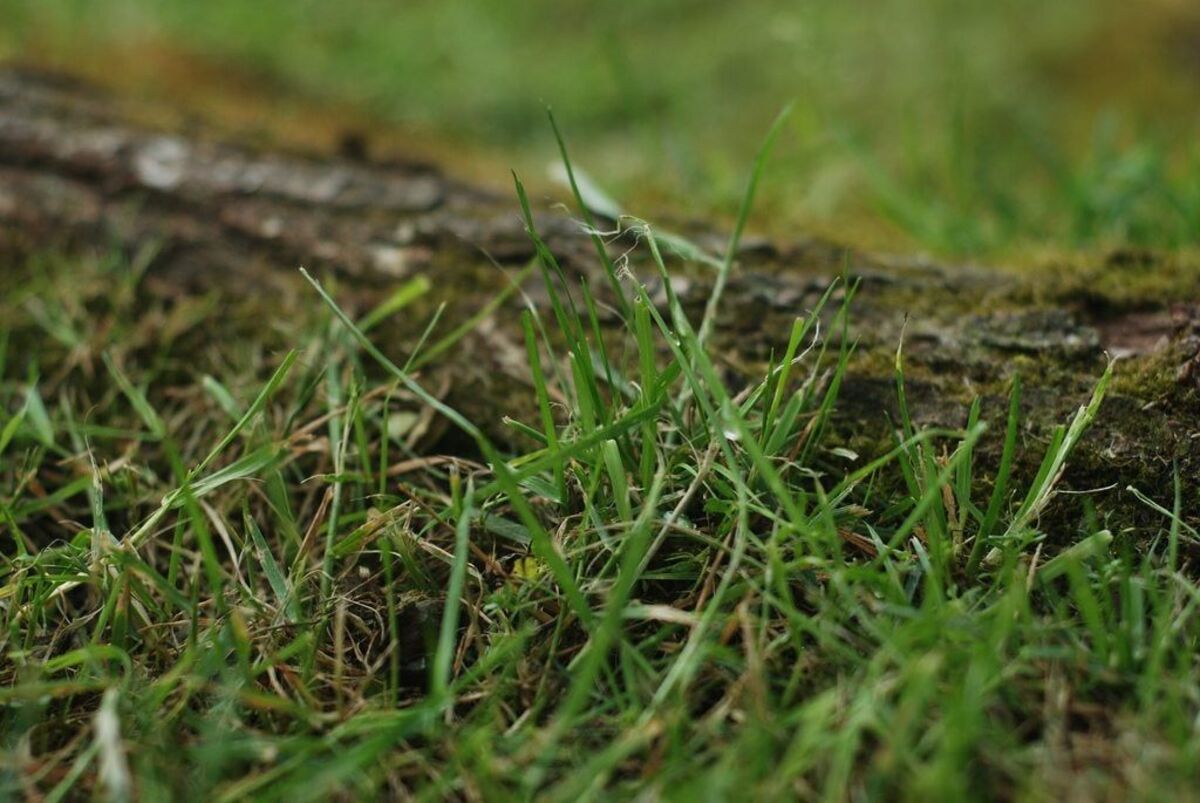
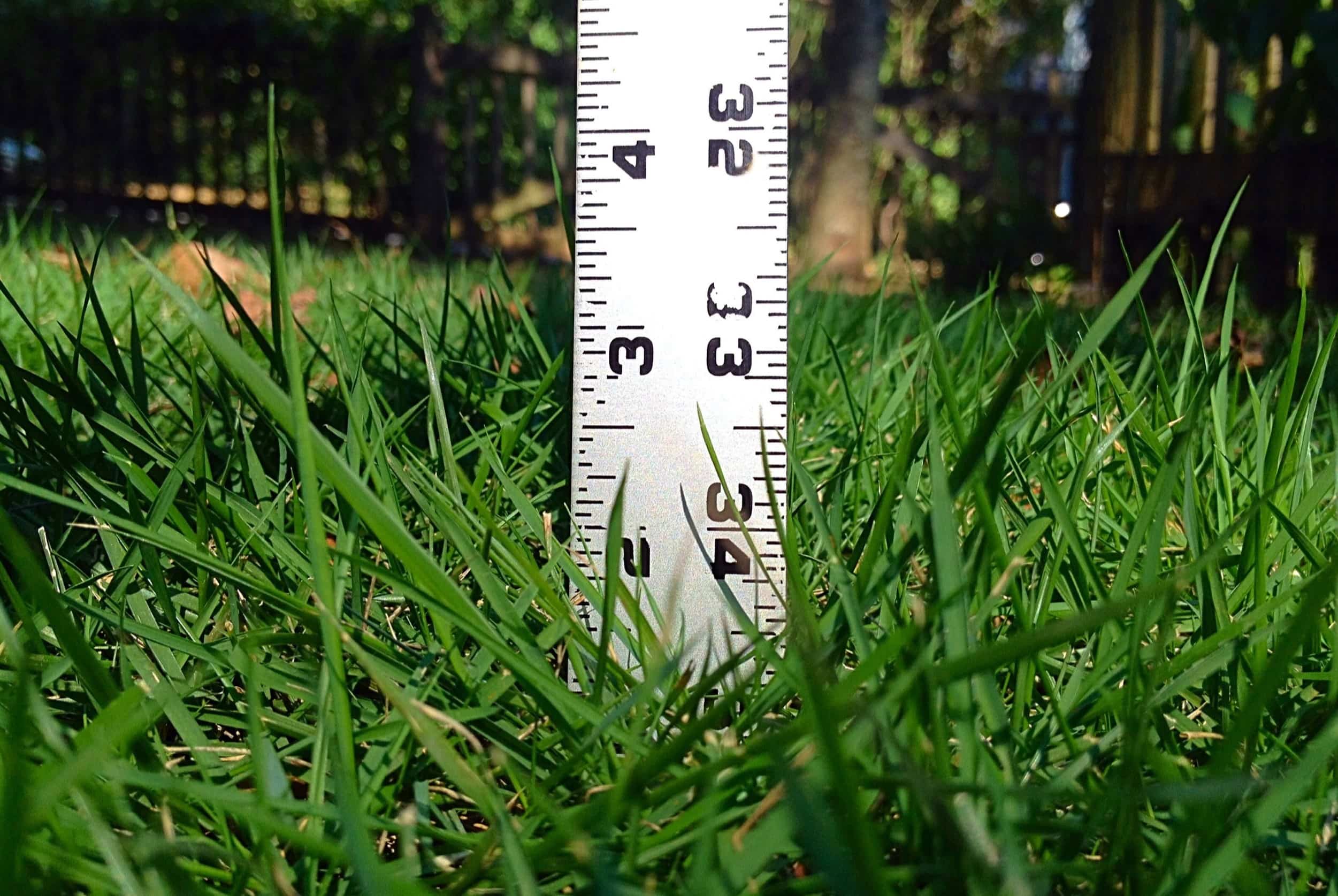
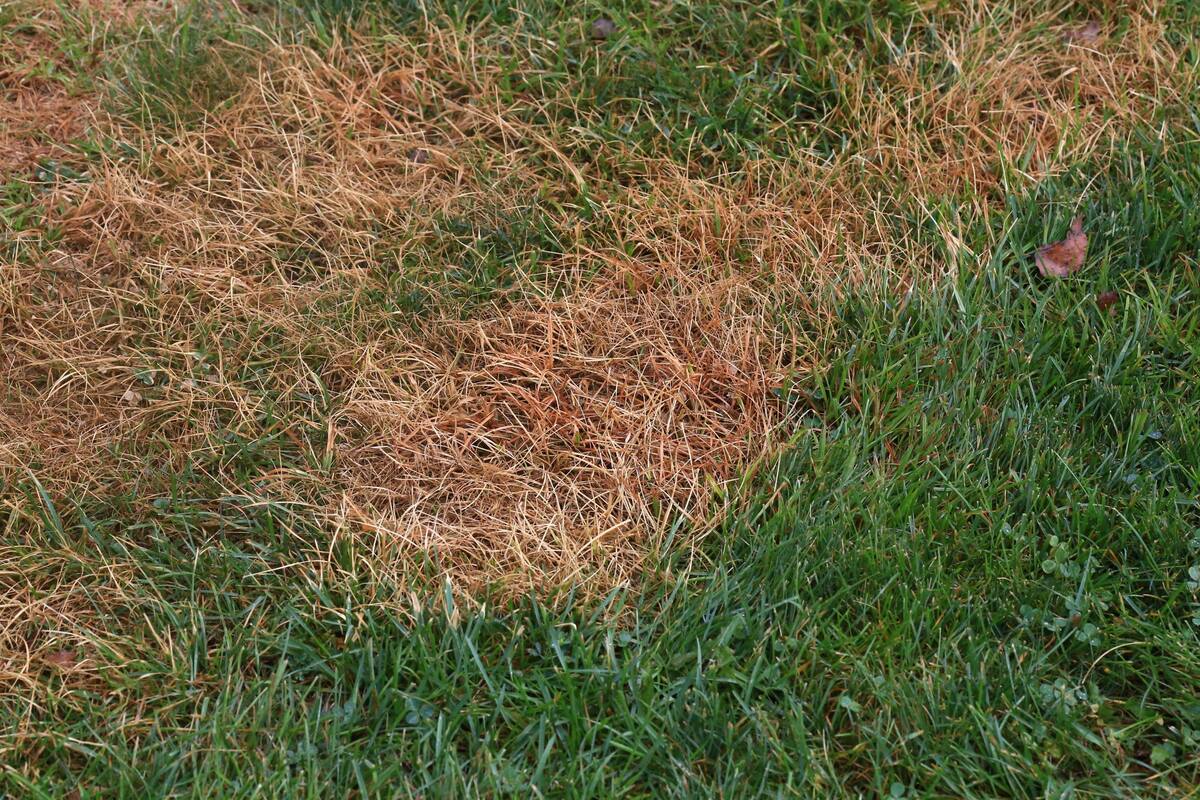
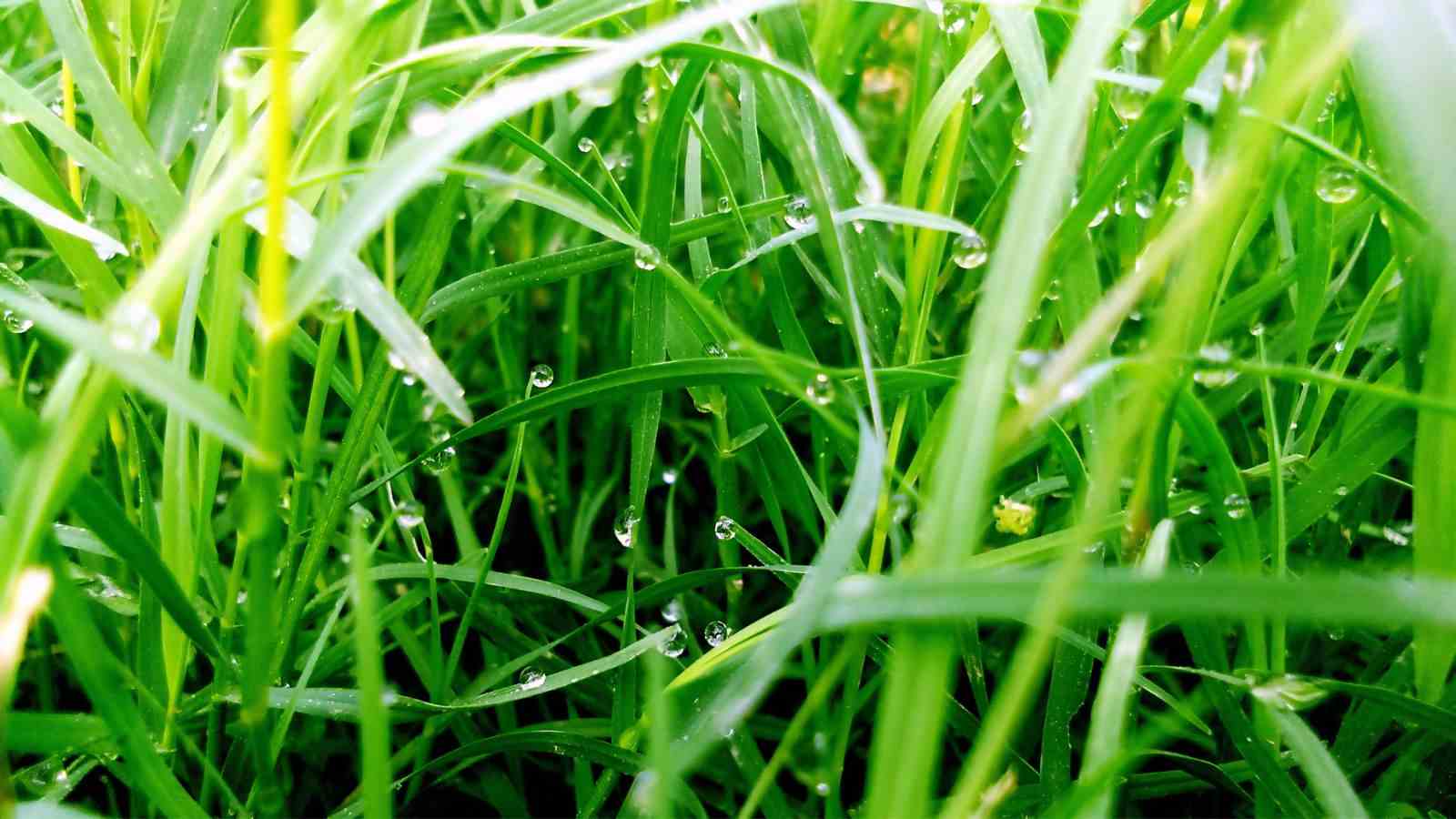
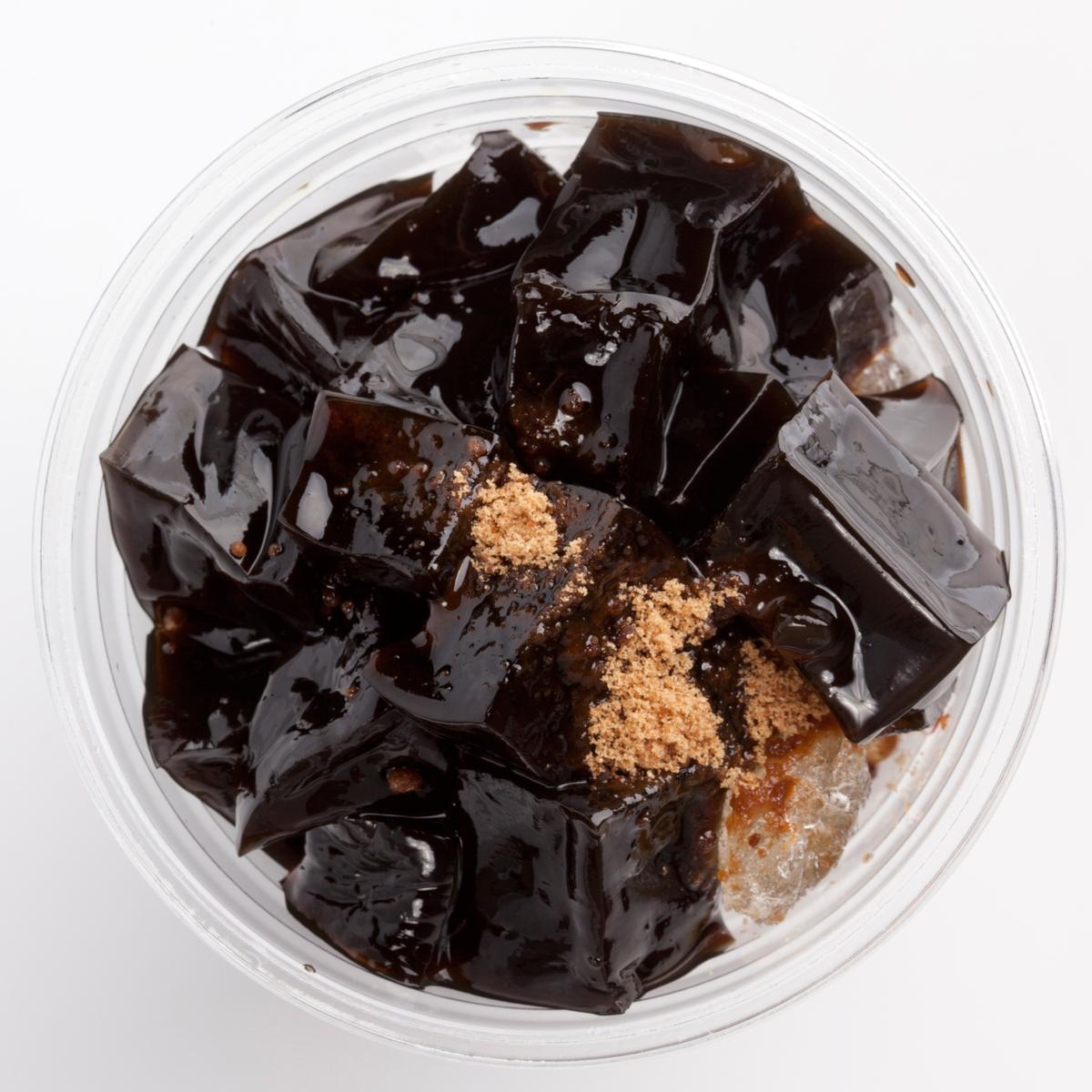

0 thoughts on “What Is A Good Fertilizer For Bermuda Grass”